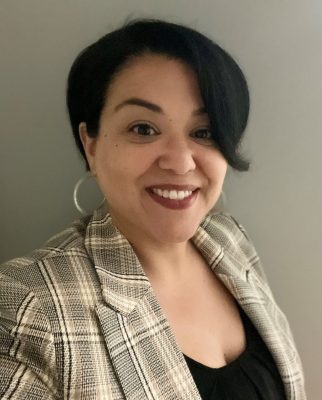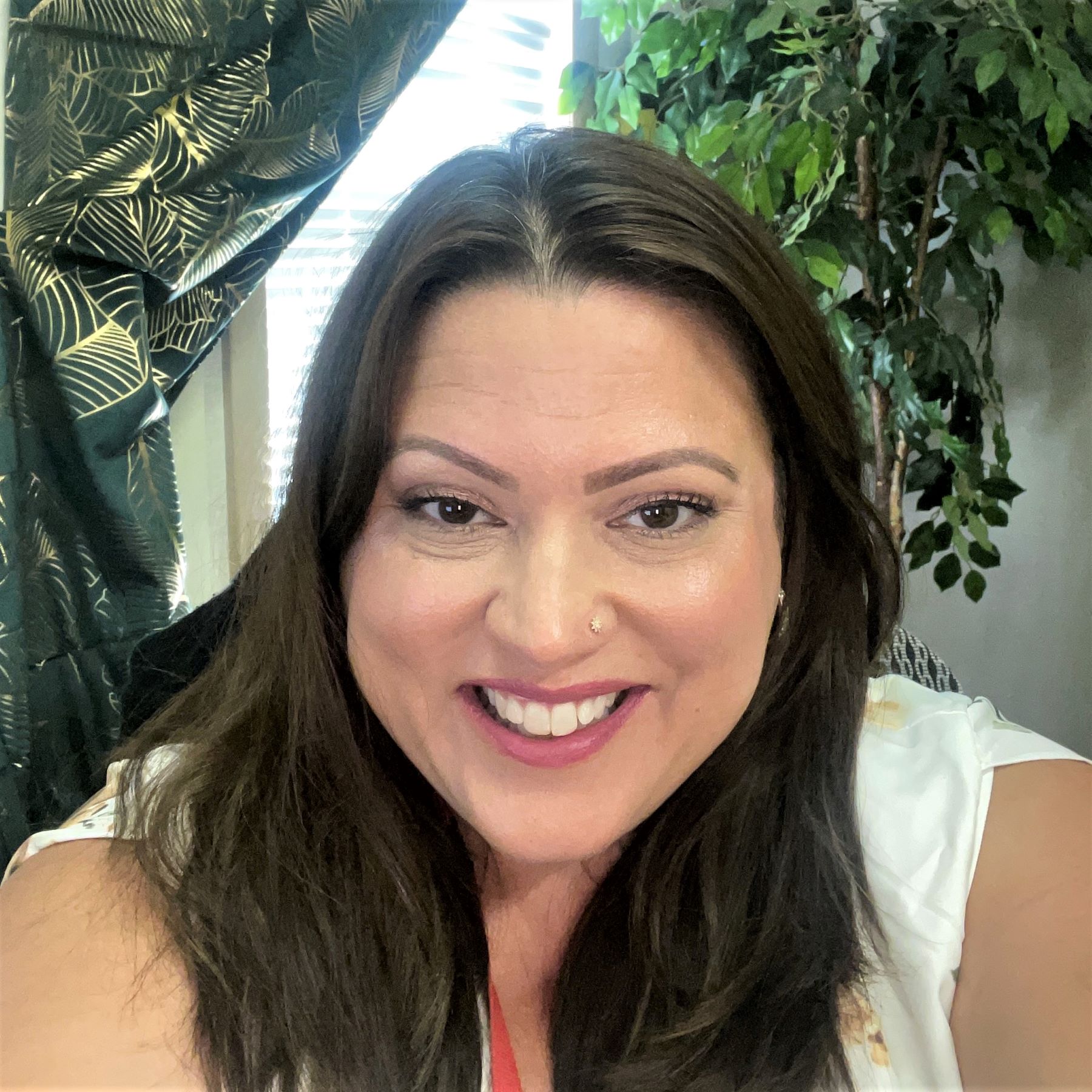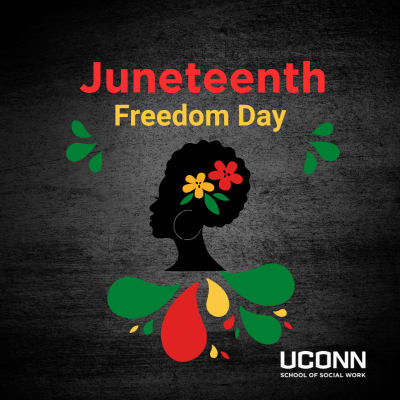This year has marked key milestones in the history of UConn School of Social Work. We recently celebrated our 75th anniversary with a special event at the Bond Ballroom in Hartford. I was especially pleased to see so many of our alumni, faculty, staff, both current and emeriti, students, and community partners at our celebration. Our alumni continue to support the School of Social Work in multiple ways – as adjuncts, field instructors, faculty advisors, donors, and social work leaders in Connecticut and beyond. At 8,800 strong, you are the best ambassadors possible for the School of Social Work.
For the last eight years, I have had the privilege of serving as the dean and I stand on the shoulders of the 13 prior Deans, including dean Reimers, Case, Cronin, Whetten, Trecker, Lutz, Germain, Coleman, Green, Humphreys, Abrahamson, Davidson, and Raheim. During these 75 years there have been many changes in social work and social work education. For those of you familiar with professional graduate education, you know that there are dual foci – the preparation of the next generation of professional practitioners, and the generation of new knowledge. While the balance of these two areas of focus have shifted over the course of the decades, I maintain that both are critical and when done right, one should inform and strengthen the other.
Through both, the mission remains: We are rooted in a passion for and commitment to social, racial, and economic justice and the improvement of human well-being, both locally and globally. Through our degree programs, we prepare the next generation of social work practitioners and scholars. Our faculty is committed to the generation and wide dissemination of cutting edge and impactful knowledge, informed by social justice and anti-oppressive lenses, through traditional and innovative research methodologies.
In our 75 years, we have contributed mightily to the field and to the community, and I want to note several important achievements. In nearly eight decades, we have offered the MSW for more than 50 years; dual degree programs; an Advanced Standing Program in the 1990’s; the first and largest public PhD Program since 2002; a social-justice focused, cohort-based, urban BSW Program since 2015; and more recently a DCF cohort program; BSW Spanish Speaking Program with DCF; and Scholars in Aging program. This year we also welcomed Innovations Institute, an interdisciplinary, translational research center, which greatly expands our national footprint.
In addition to internal and various external funding, we have developed and maintained very robust collaborations with the Connecticut Department of Children and Families, the Office of Early Childhood, the Department of Mental Health and Addiction Services, the Department of Social Services and the Department of Public Health – each has a research component and a workforce development program. At our Commencement on May 6, one of our most distinguished alumni and long-term partners, DCF Commissioner Vannessa Dorantes, offered an inspiriting message to graduates. I hope you will take some time to watch the recording.
Finally, I am excited to share that we have successfully completed the search for our 15th dean. Please join me in welcoming Dr. Laura Curran, who will begin in her role on August 11, 2023. Dr. Curran was selected from an exceptionally talented pool of applicants. She joins UConn from Rutgers University-New Brunswick, where she is Vice Provost for Faculty Affairs. As Provost Anne D’Alleva stated, Dr. Curran demonstrates a clear understanding of the mission of our School of Social Work, with a commitment to social, racial, and economic justice and the improvement of human well-being, both locally and globally.
As we celebrate the rich heritage of our school and share our hopes for the next 75 years, I invite you to reflect on what the School of Social Work has meant to you, your career, and your life. The University has identified life transformative education as a pillar of our identity. I have long maintained that social work education, is, in fact, life transformative and I hear this over and over again from our alumni. We hope you will continue to stay close to the school, and continue to support the School and our students, as donors, mentors, field advisors, and lifelong friends.
Thank you.
 Yolanda has been employed by the Department of Children and Families for 25 years. Yolanda currently is a Social Worker in the Statewide Quality Improvement Division’s Case Practice Review Unit. In this role she conducts case reviews to assess for compliance with policy and identifying areas of needs for staff. Prior to this she worked for the regional office where she conducted various case reviews, provided one to one coaching for staff, participated in various Quality Improvement Teams, served as the Multidisciplinary Evaluation Liaison, and worked on special projects. Yolanda provides technical assistance to the Region 4 Citizen’s Review Panel which is made up of community members who review policies, practices, and procedures and evaluate the extent that the region is meeting its child protective services responsibilities.
Yolanda has been employed by the Department of Children and Families for 25 years. Yolanda currently is a Social Worker in the Statewide Quality Improvement Division’s Case Practice Review Unit. In this role she conducts case reviews to assess for compliance with policy and identifying areas of needs for staff. Prior to this she worked for the regional office where she conducted various case reviews, provided one to one coaching for staff, participated in various Quality Improvement Teams, served as the Multidisciplinary Evaluation Liaison, and worked on special projects. Yolanda provides technical assistance to the Region 4 Citizen’s Review Panel which is made up of community members who review policies, practices, and procedures and evaluate the extent that the region is meeting its child protective services responsibilities.


